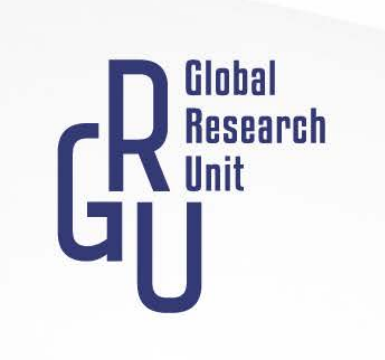Abstract
A backlash against globalization has led to widespread political movements hostile both to economic integration and to existing political institutions throughout the advanced industrial world. Openness to the movement of goods, capital, and people has had important distributional effects. These effects have been particularly marked
in communities dependent upon traditional manufacturing, some of which have experienced a downward spiral from the direct economic effects of foreign competition through broader economic decline to serious social problems. Those harmed by globalization have lashed out both at economic integration, and at the elites they hold responsible for their troubles. Political discontent is in part due to failures of compensation – insufficient provision of social safety nets for those harmed by economic trends. It is also due to failures of representation – the belief that prevailing political parties and politicians have not paid adequate attention to the problems faced by large groups of voters. Countries vary on both dimensions, as do national experiences with the populist upsurge. Previously dominant socio-economic interests and political actors may act to try to address this dissatisfaction, but the path faces serious economic and political obstacles.
© 2018 by Jeffry Frieden, Harvard University. All rights reserved.
To read the full working paper, click here.

